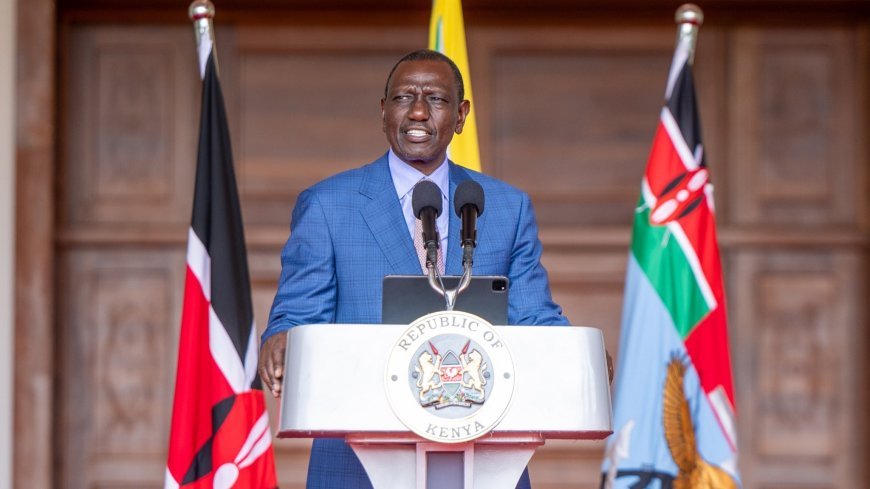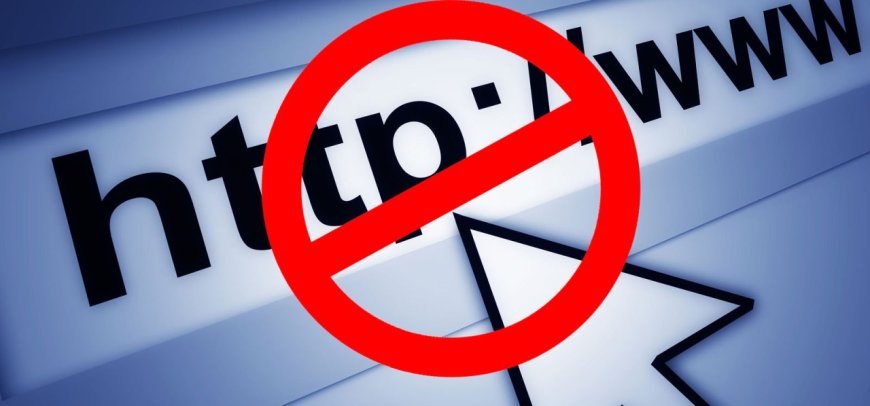Ruto Warned Of Protests If He Fails To Repeal Controversial Cyber Crime Law
Miguna’s remarks fueled an already heated debate over the controversial law, one of eight Bills the President assented to that day

President William Ruto is facing growing pressure to repeal the Computer Misuse and Cybercrimes (Amendment) Act 2024, which he signed into law on the same day former Prime Minister Raila Odinga passed away.
In an X post on Monday, October 20, lawyer Miguna Miguna questioned whether Ruto would revoke the legislation amid reports that it had reignited calls for anti-government protests.
Miguna’s remarks fueled an already heated debate over the controversial law, one of eight Bills the President assented to that day — all now under intense public scrutiny.

Exiled lawyer, Miguna Miguna. /FILE
Observers have raised concerns about the timing and secrecy of the signing, noting that it coincided with Raila’s death announcement, which many felt overshadowed the legislative move.
“Will William Ruto recall the Cyber Crime Act and other offensive legislation he hurriedly signed into law before announcing Raila Odinga’s death, or does he want to force Kenyans back to the streets?” Miguna asked.
The law targets offences involving child pornography, terrorism, and extremist religious or cult-related activity.
Signed on Wednesday, October 15, 2025—the same day Raila passed away—the amendment grants the government authority to seek pre-emptive shutdowns of online platforms suspected of enabling criminal acts.
The newly enacted law, which carries significant implications, now grants courts and investigative agencies the power to block websites and applications hosting unlawful material, order their shutdown, and compel individuals to take down harmful content.
However, critics claim the law focuses less on curbing real cybercrime and more on tightening political control over online spaces.
This criticism comes especially after it emerged that the Act grants the state broad powers to block websites or apps, take down content, and even shut down digital platforms — sparking fears it could be weaponised against dissent, independent journalism, or free online expression.
Additionally, critics have flagged vague definitions within the law — such as “likely to cause fear or violence,” “grossly offensive,” “promote illegal activities,” and “extremist religious or cultic practices” — arguing they leave too much room for government interpretation.
The harsh penalties have also raised questions about proportionality and Kenya’s stance on digital rights. For instance, cyber harassment — defined as communication that one knows or should know might cause emotional, reputational, safety, or property harm — carries a fine of up to Ksh20 million, a 10-year jail term, or both.
The other Bills Ruto signed into law on October 15 include the Privatisation Bill (2025), National Land Commission (Amendment) Bill (2023), Land (Amendment) Bill (2024), Virtual Asset Service Providers Bill (2025), Air Passenger Service Charge (Amendment) Bill (2025), Wildlife Conservation & Management (Amendment) Bill (2024), and the National Police Service Commission (Amendment) Bill (2024).







